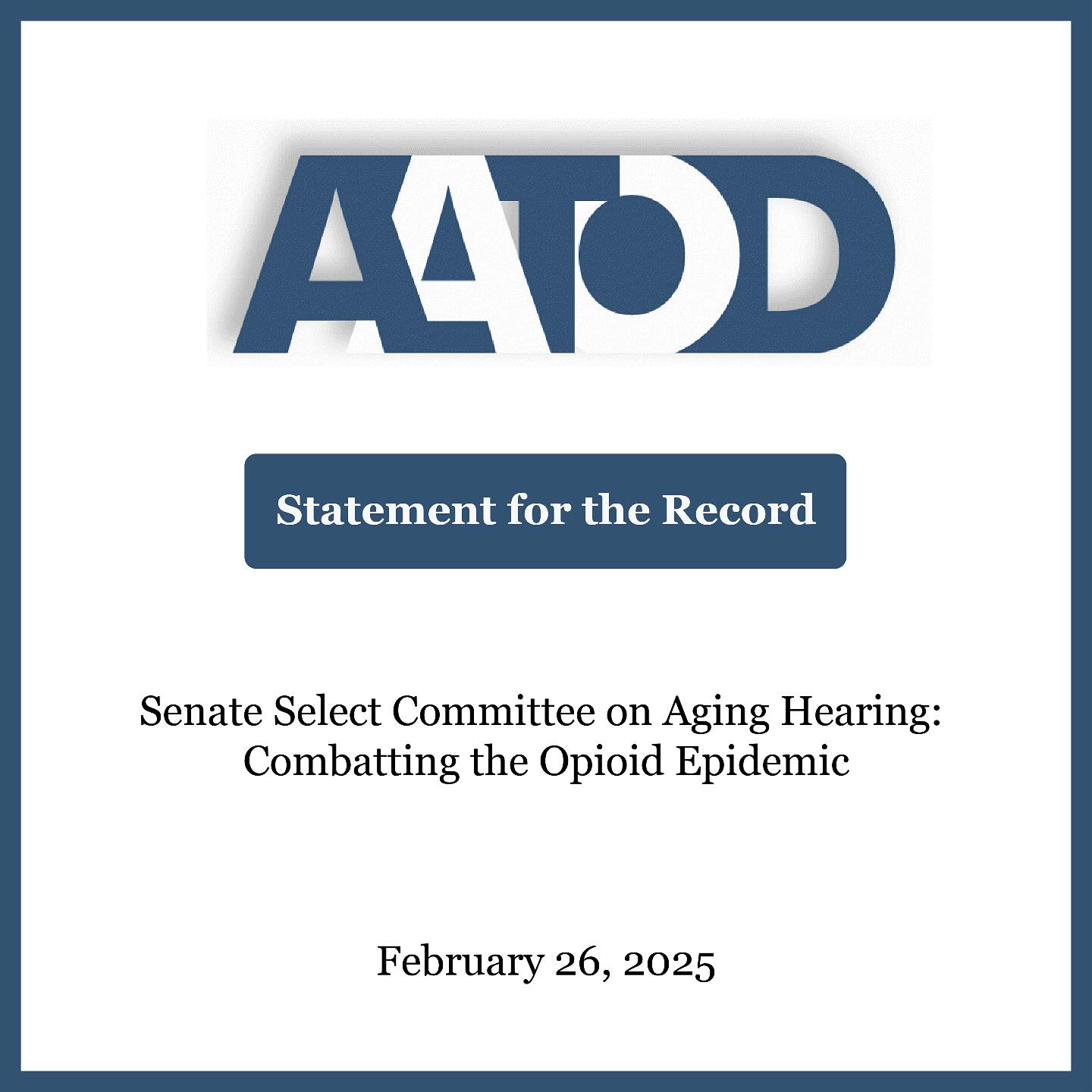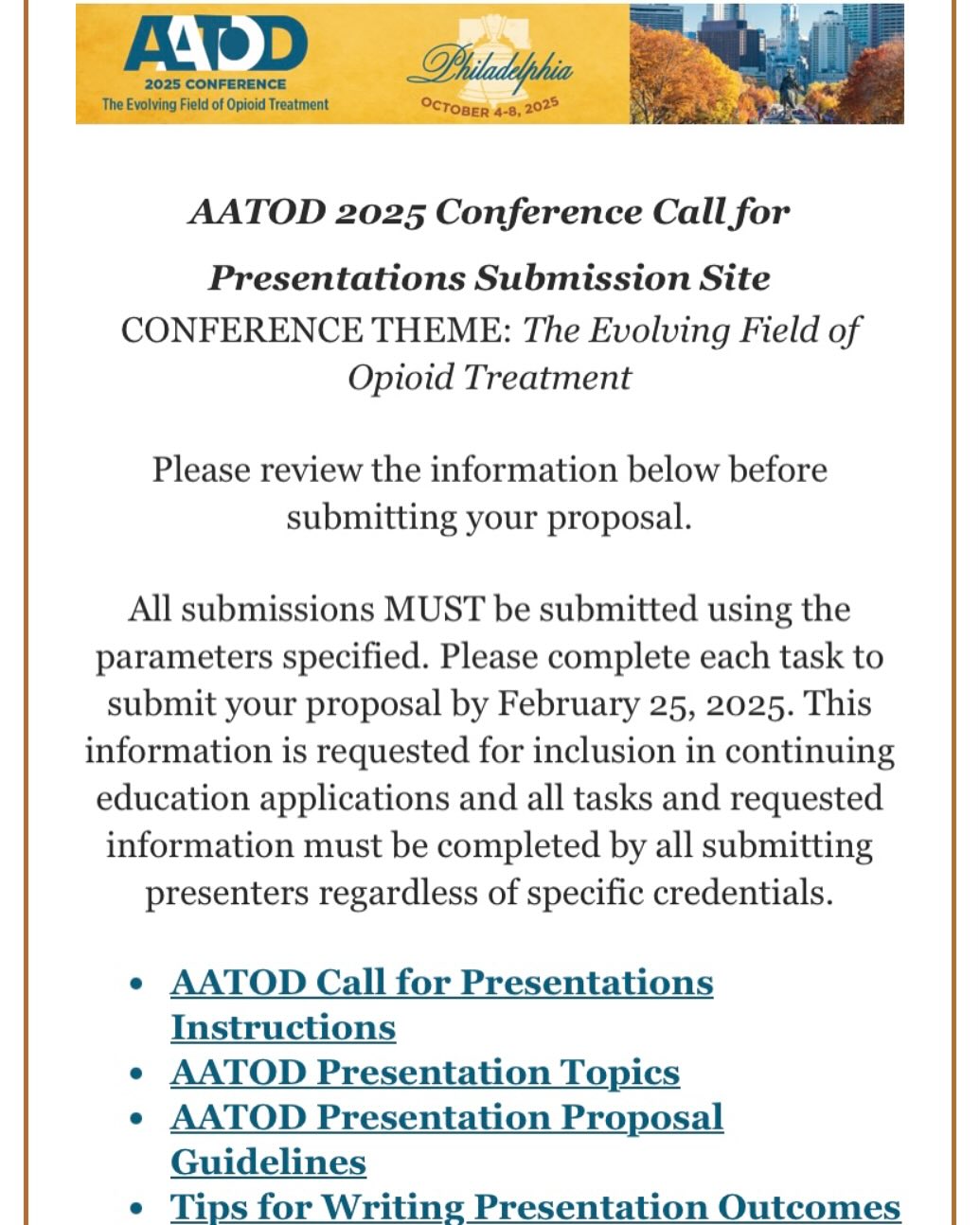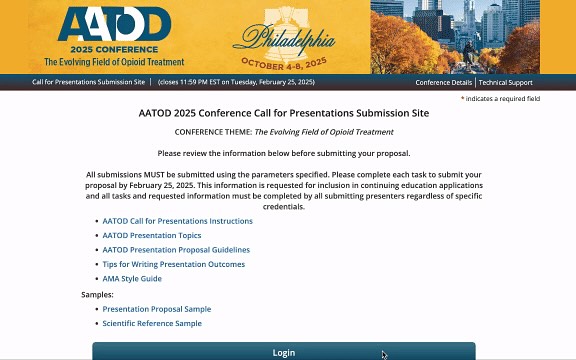SAMHSA issued a guidance document to Opioid Treatment Programs (OTPs) and DATA-2000 waived physicians on September 27, 2011. Dr. Westley Clark (CSAT Director/SAMHSA) encouraged OTPs to “utilize PDMPs as an additional resource to maximize safety in patient care pursuant to applicable state guidelines.” SAMHSA also referenced a case study, “Using Prescription Monitoring Program Data in an Outpatient Addiction Treatment Setting (March 2011).” This case study was published by the Brandeis PMP Center of Excellence and AATOD had the opportunity to review this case study prior to its publication. We have also been working with representatives from Brandeis since their initial organizing meeting of December 2010 in addition to working with the Alliance of States with PMPs. Leadership from the Alliance met with the AATOD Board of Directors during June of 2011 together with attorneys from the Legal Action Center to review and clarify questions about privacy and confidentiality, as well as handling the variations in the state’s PMP databases and reporting structure.
AATOD believes that the PMP provides a vital source of information for the safe care of our patients and encourages all OTPs to utilize their respective state PMP databases. There are several points to consider when following SAMHSA’s recommendation.
There is no uniformity among state PMPs, therefore OTPs should access PMP databases using the specific requirements of the individual state PMPs. When accessing such PMP databases, programs should have the intent of utilizing such data to make informed therapeutic decisions. OTPs are discouraged from using such data for the sole purpose of restricting treatment access or for responding in a punitive fashion to the needs of patients in treatment.
OTPs Should Not Report Confidential Patient Data to PMPs
It is clear that OTPs should access information but not provide patient data to a PMP database. As Dr. Clark pointed out in his correspondence of September 27, 2011, “OTPs and DATA-waived physicians should not disclose patient identifying information to PDMPs.” We understand that the PMPs have their own confidentiality requirements and standards, but they do not have the same protections for re-disclosure of patient identifying information covered under 42CFR Part 2.
Prescription Monitoring Programs, depending on the specific reports a state may issue to stakeholders or constituents, caution that a patient’s confidential treatment could be compromised if an OTP were to disclose patients’ status as a substance abuse treatment patient to a PMP. Accordingly, we agree with SAMHSA’s recommendation that OTPs should not be disclosing confidential patient information by reporting patients who are admitted and being treated in OTPs in any state of the United States. Importantly, this language refers to the OTP supplying patient information to the State PMP, similar to the way a community pharmacy would disclose information to the PMP.
OTPs Should Access Data from PMPs
The Dear Colleague letter clarifies that accessing or requesting patient information from a State PMP does not require the OTP patients’ consent. Further, these requests are not considered as disclosing a patient’s status as a substance abuse treatment patient under 42 CFR Part 2.
AATOD recommends that all OTPs notify the patient when designated clinicians are accessing PMP databases. The SAMSHA guidance indicates that it is not necessary to obtain a patient’s consent in order to access a PMP database. As indicated in the SAMHSA guidance, PMPs are not protected under 42CFR Part 2; therefore requesting non-protected data would not violate existing federal confidentiality requirements. On the other hand, given the ability to re-disclose information, providing patient information to PMP databases would violate federal confidentiality law/regulations. The OTP should inform patients that they are accessing PMP databases by posting information or by distributing information to patients, explaining what a PMP does and why the program is requesting the data. We are providing a template for how programs can notify patients of the existence of statewide PMP databases and the rationale for a program accessing such a database.
AATOD has been conducting research through the auspices of the Denver Health and Hospital Authority, which has allowed us to better understand the changing drug abuse trends of patients admitted to OTPs. This initiative was launched during January of 2005 and approximately 50,000 patients have voluntarily completed the survey instruments since this time. Through the 75 OTPs across the country that have participated in this study, we have learned that more than 45% of our patients have been using prescription opioids prior to entering treatment.
The AATOD Board of Directors believes that it is prudent for all OTPs to access PMP databases as a method to ensure safe and effective treatment of our patients. As stated above, all OTPs are encouraged to use PMP data as a therapeutic tool in guiding the treatment of patients as they enter and remain in treatment. It is likely that OTPs will discover that patients use medications that have not been self-disclosed or identified in ongoing toxicology reports. The use of PMP data can provide additional objective data for engaging the patient in the therapeutic treatment process.
Summary
We anticipate that SAMHSA will issue additional guidance as more is learned about PMP databases and as medical societies encourage their members to access PMP databases.
It has come to our attention that there have been recommendations to change federal confidentiality law so that OTPs would be required to provide currently protected patient data into PMP databases. We understand why such an interest exists, but if federal confidentiality laws are weakened to require OTPs to provide data to PMP databases, a PMP could re-disclose identifying data reports to other interested parties. We believe that greater harm would result by discouraging patient interest in and access to the life saving treatment offered in an OTP.
It is our hope that AATOD’s recommendation encouraging OTPs to use PMP databases will be helpful. We are in agreement with SAMHSA’s guidance statement at the present time given what we know about the operation of PMPs and the value of accessing such databases as a means of more effectively treating our patients.






























